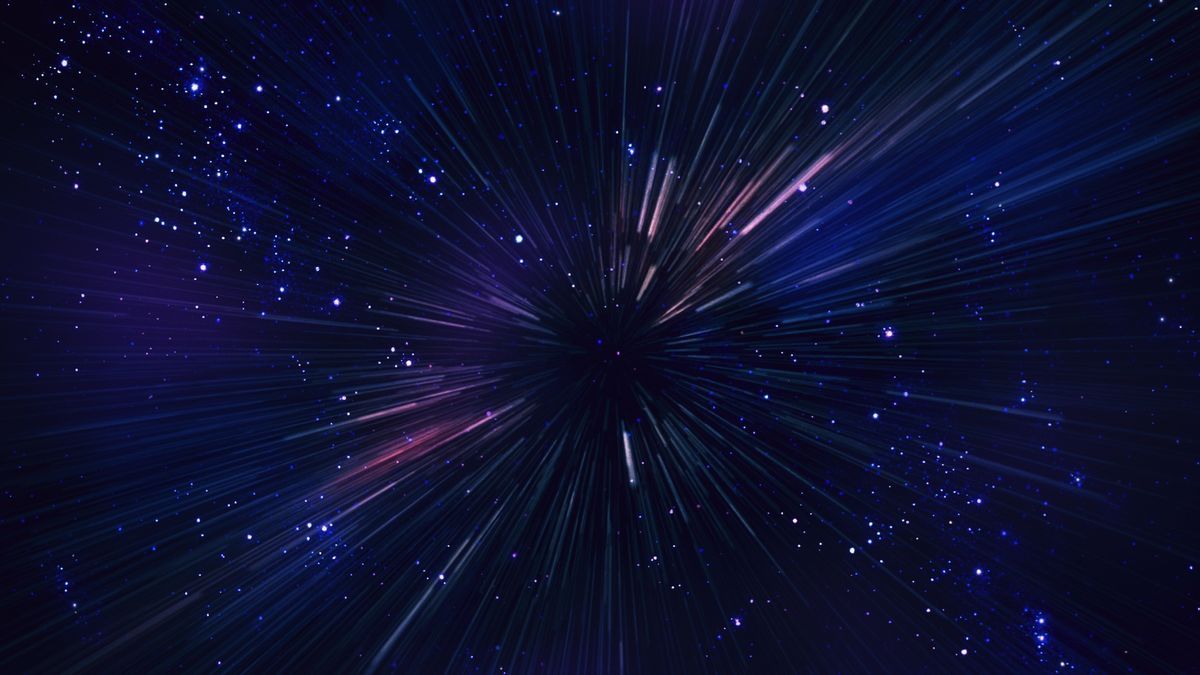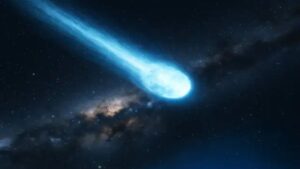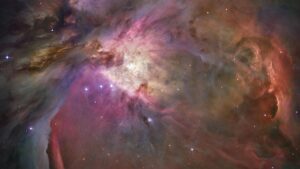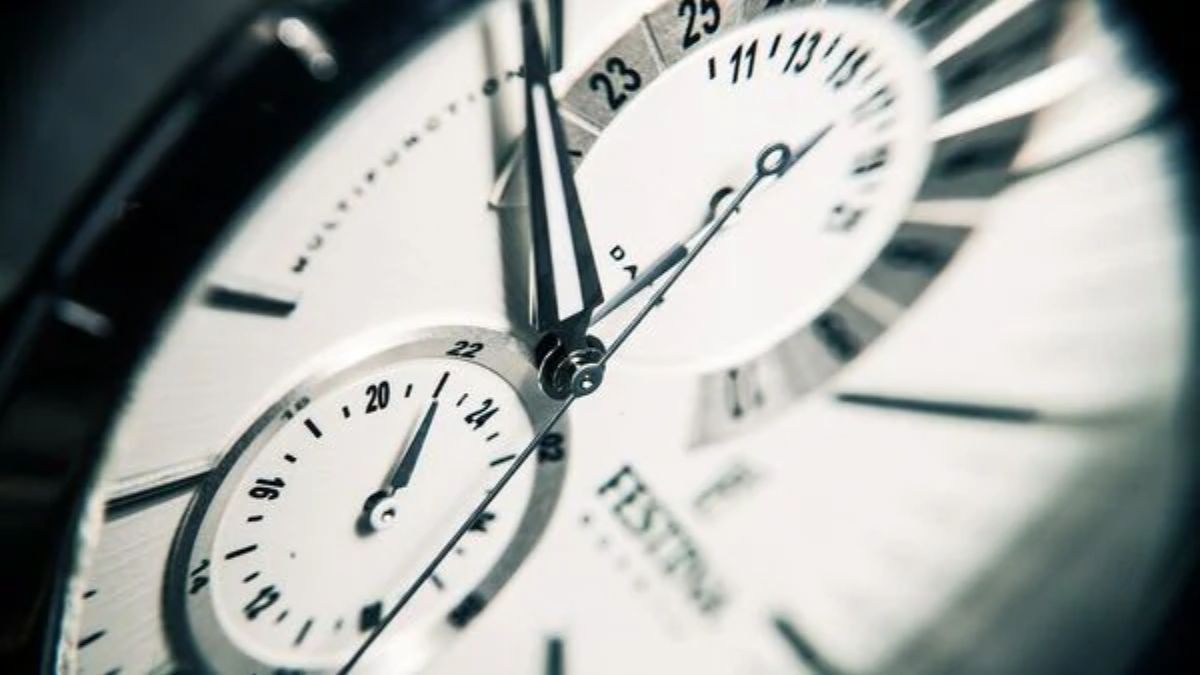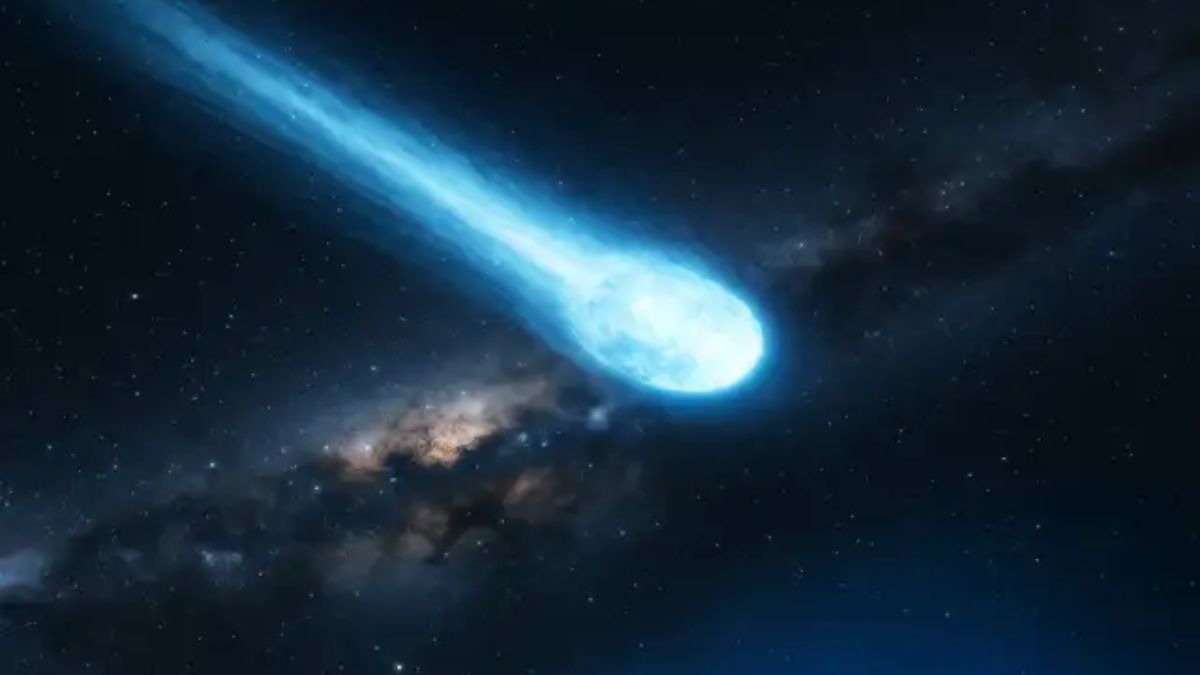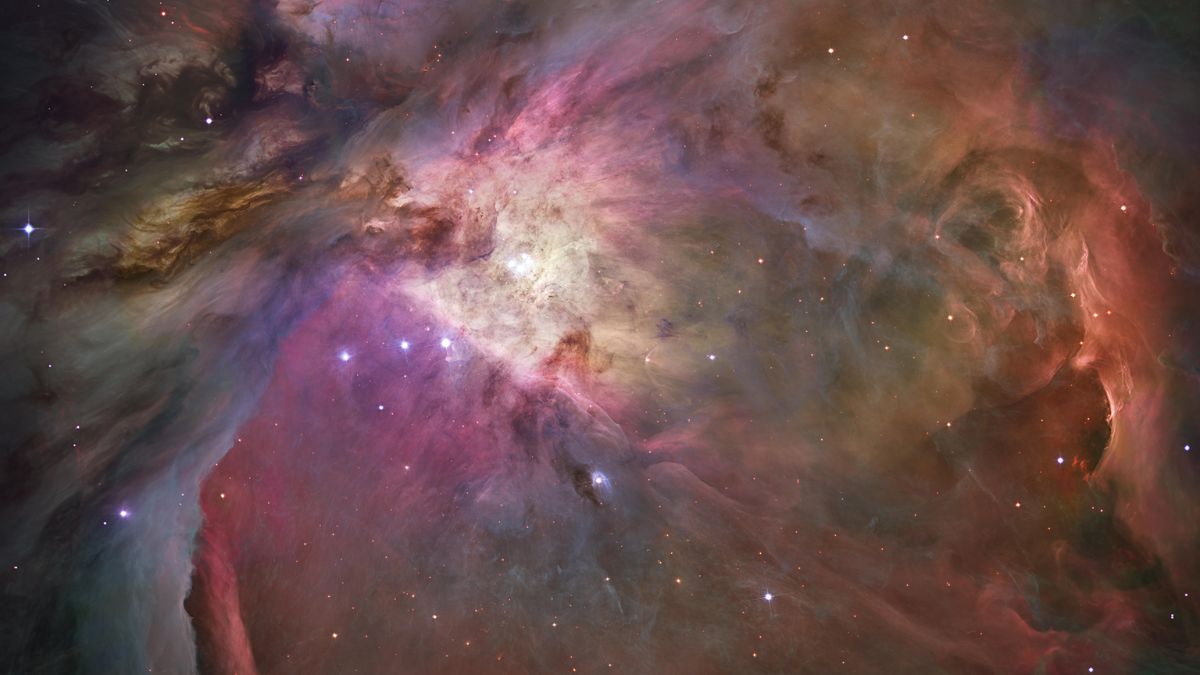When we think about the universe, it’s tempting to believe we’ve already cracked the code. We know about the Big Bang, the expansion of the cosmos, and the physics that supposedly govern it all. But then comes the Hubble tension—a puzzling mismatch in how fast the universe is expanding, depending on how we measure it. And that’s where things stop making sense.
Now, a new idea is quietly turning everything around: what if the universe is slowly spinning?
Paradox
For years, scientists have been trying to solve this headache called the Hubble tension. It’s the difference between two very solid ways of measuring the universe’s expansion rate:
- Observations of distant supernovae show a faster expansion in the more recent universe.
- Measurements from the cosmic microwave background—the leftover radiation from the Big Bang—suggest a slower rate from the early universe.
It’s like having two perfectly working clocks that never agree on the time. That’s where the paradox comes in. Astronomers call it a tension because both sides have strong evidence behind them, but they simply don’t match.
Rotation
A surprising twist—literally—might be the answer. Astronomer István Szapudi from the University of Hawaii proposes that the universe has a tiny, nearly undetectable rotation. It’s not fast or dramatic. Think of it like a giant spinning top in space, moving so slowly it seems still to us. But that small spin, according to Szapudi’s calculations, might be enough to resolve the Hubble tension.
His theory doesn’t break any physics laws. It works within the framework of general relativity and doesn’t call for mysterious new particles or extra dimensions. It just adds a tiny adjustment—a slow cosmic spin that changes how the expansion rate appears when measured at different points in time.
Simplicity
What makes this idea so fascinating is its simplicity. Instead of chasing exotic explanations, the theory sticks to known science. It doesn’t throw away existing data or rewrite the rules of the universe. Instead, it reshapes our view with a small detail that changes everything.
Szapudi referenced the Greek philosopher Heraclitus’ famous line “Panta Rhei” (everything flows), updating it to “Panta Kykloutai”—everything rotates. This poetic shift perfectly captures the beauty of the theory. Maybe the universe hasn’t just been expanding all along. Maybe it’s been turning too.
Clues
Of course, it’s still just a theory. But the next step is exciting: scientists are now looking for physical evidence of cosmic rotation. Here’s where they think the proof might show up:
| Potential Clue | Where to Look |
|---|---|
| Microwave Background | Subtle patterns in early-universe radiation |
| Galaxy Distribution | Possible twisting structure in massive galaxy maps |
| Light Distortion | Tiny bends in light paths over billions of light-years |
Researchers aim to build detailed computer simulations to test how this slow spin would affect things we can observe. If the model holds up, it might finally offer a satisfying solution to the Hubble tension—one of the most debated problems in cosmology today.
Future
What’s truly remarkable is how this theory brings us full circle—literally and metaphorically. For a long time, scientists assumed the universe expanded in every direction equally, without turning. But now, there’s a chance that it might also rotate ever so gently, and that one small twist could unlock a whole new understanding of how the cosmos works.
Instead of rewriting the universe, this idea just tilts the page slightly, offering a fresh way to look at the same data. And if confirmed, this slow cosmic spin could reshape everything from dark energy theories to how we model the universe’s birth and eventual fate.
After all, maybe the universe doesn’t just move outward—it turns, quietly, endlessly.
FAQs
What is the Hubble tension?
It’s the mismatch in how fast the universe is expanding.
What causes this tension?
Different methods give different expansion rates.
Is the universe really spinning?
A new theory suggests a very slow cosmic rotation.
Does this break physics laws?
No, the rotation idea fits within general relativity.
How will scientists confirm it?
By finding patterns in cosmic background and galaxy maps.

